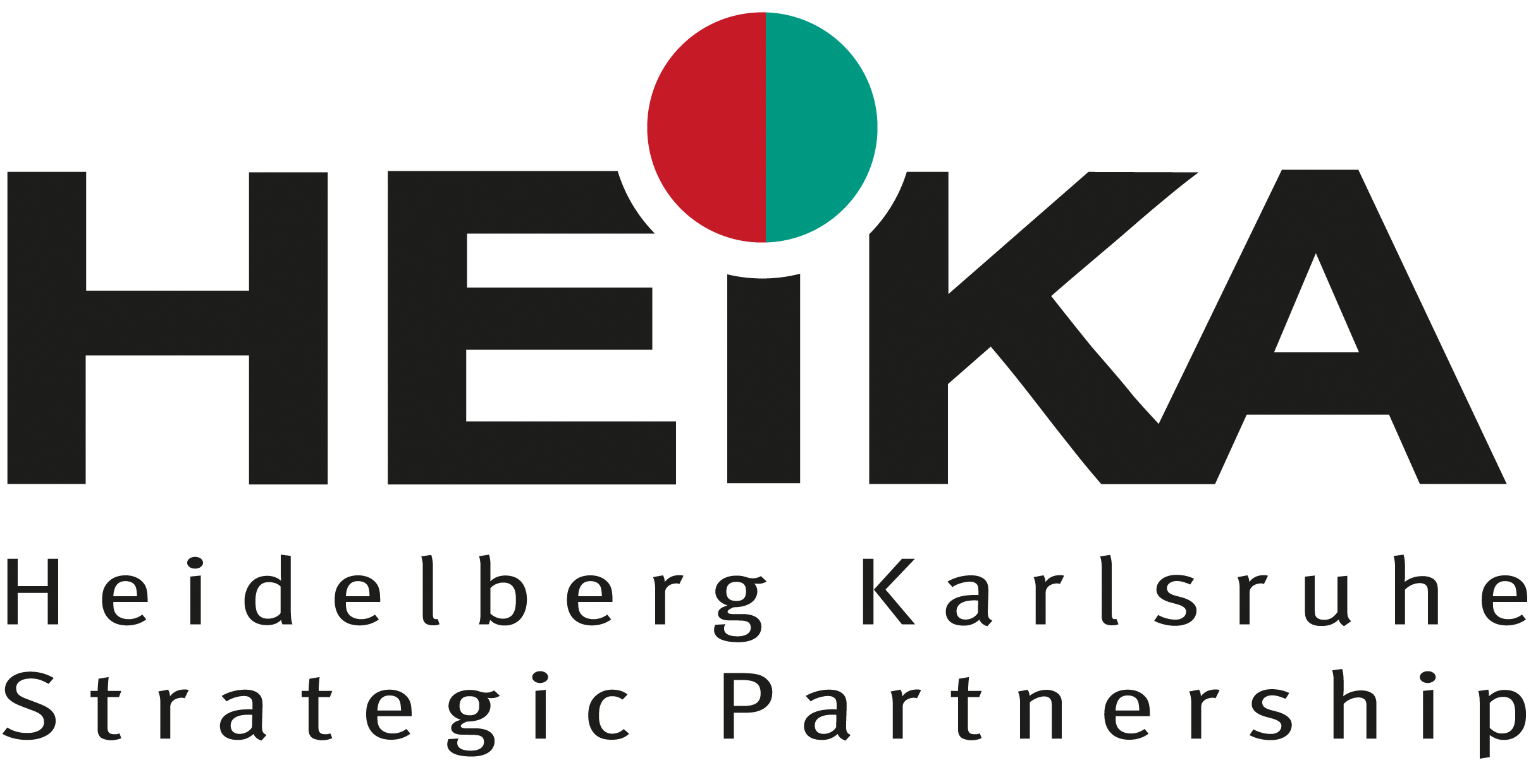
The success of the energy transition is a high-priority objective of our society as the security of energy supply must be guaranteed at all stages of the fundamental transformation of the energy sector in Germany. The German federal government has formulated the ambitious goal to reduce primary energy usage until 2050 by 50 % compared to 2008. At least 80 % of the electricity will be generated by renewable energy sources such as solar and wind power to save 80 % of the carbon dioxide emissions. The transformation process also includes decommissioning of large conventional power plants. Therefore a growing number of network redispatches is necessary for the security of energy supply. A large number of decentralized energy producers, the distribution and the storage of energy in the volatile, nonlinear energy system with uncertain influences are particularly challenging for the network operators, because they have to meet the time-dependent energy demand. In this context it is inevitable to develop new methods in the field of mathematical modeling, simulation and optimization to realize the energy transition. On top of that, studies in the social sciences have to be pushed forward to achieve higher acceptance of the energy transition in the society.
Our activities within HEiKA include methodological research in mathematics, computer science, scientific computing, power engineering and energy economics as well as the technology transfer to practical solutions. The HEiKA research bridge benefits from the following synergies: KIT contributes excellent competence in the fields of power engineering and energy economics, Heidelberg University is internationally renowned for its expertise in efficient numerical methods for scientific computing and mathematical optimization.
The goal of the research bridge is to create an environment that exploits the potential of the participating research groups in Karlsruhe and Heidelberg. On the one hand, the research bridge aims to provide scientific arguments for decision-makers in government and society, and on the other hand, the methods developed in the research bridge enable network operators and industry to successfully implement the energy transition.

